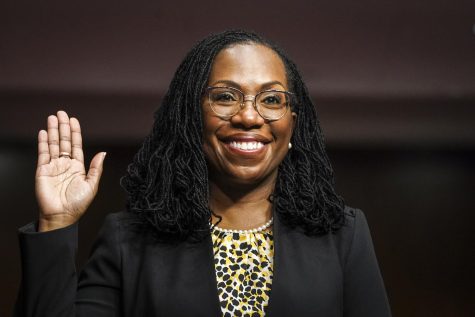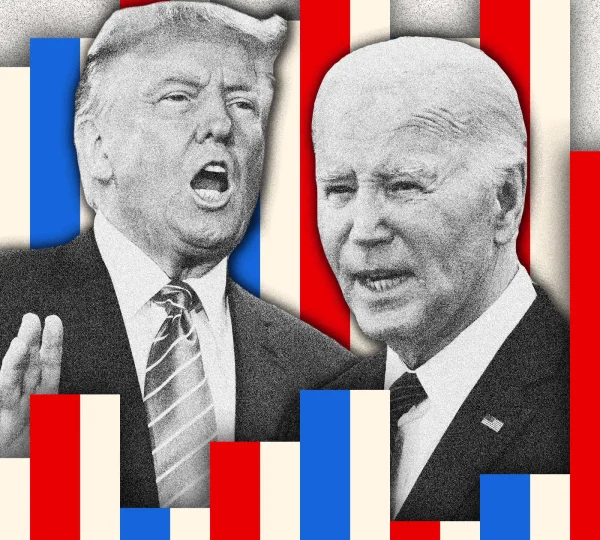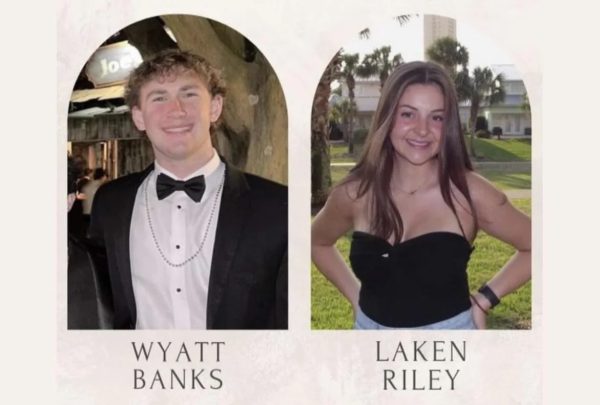Lingual pride day
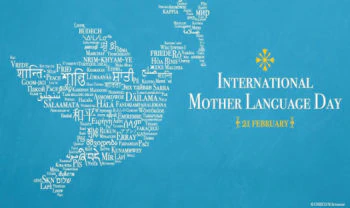
Signs, gestures, and cave paintings were all ways that early humans communicated. Since then, the use of speech has developed into various forms, adding to over 6,500 languages in the 21st century.
Rafiqul Islam, a Bangladeshi educator and cultural activist, proposed International Language Day to honor the killings in Dhaka during the Bangla Language Movement in 1952— originally beginning in 1948 to advocate for the recognition of the Bengali language in Pakistan. In response to the movement, it was recognized at the UNESCO General Conference in Nov. 1999 and declared International Language Day, which is now celebrated on Feb. 21.
“Multilingual and multicultural societies exist through their languages which transmit and preserve traditional knowledge and cultures in a sustainable way,” United Nations article said.
International Language Day celebrates multilingualism—the use of several languages—and promotes linguistic and cultural variation around the world. In Africa alone, there are over 2,000 recorded languages, making it the most diverse continent in the world. In the United States, there has been around 430 recorded languages, contributing to its nickname: ‘the melting pot,’— a term given to the US due to its diversity.
“If you talk to a man in a language he understands, that goes to his head. If you talk to a man in his own language, that goes to his heart,” Nelson Mandela, political leader and philanthropist, said.
According to UNESCO, languages are increasingly threatened around the world as more are disappearing. The United Nations conducted research showing 40 percent of the global population not being taught their native language. To combat this, they encourage teaching mother tongue-based lingual, which is learning one’s first language, in schools.
“From a very young age, my parents made me learn my native language called ‘Yoruba,’ and I also had to learn it in school every day. To me, this is essential because I think every child deserves a chance to know beauty in their language,” Okikiade Aiyeola, freshman, said.
Around the world, people celebrate their first language; placing flowers at the graveyard of people who died during the Bangla Language Movement is a way students in Bangladesh continue to honor International Language Day.
“Language is a road map of a culture. It tells you where its people come from and where they are going,” Rita Mae Brown, feminist writer and civil rights activist, said.
International Language Day is a celebration of linguistic heritage around the world, and it should be acknowledged to motivate pride in people’s native speech.
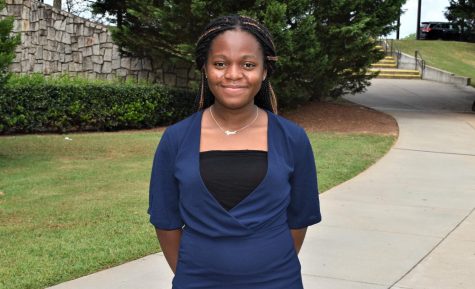
Hey, my name is Yemi! I am a senior and I am glad to be on the Talon. I love writing, singing and dancing. I also love learning about different cultures...


